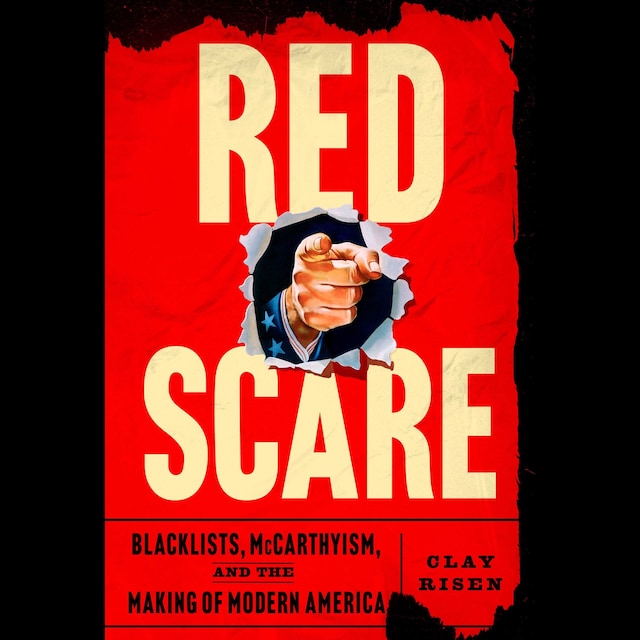
Red Scare
Blacklists, McCarthyism and the Making of Modern America
Description of book
As relevant as it is comprehensive, Red Scare tells the story of McCarthyism and the Red Scare—based in part on newly declassified sources—by an award-winning writer of history and New York Times reporter.
The film Oppenheimer has awakened interest in this vital period of American history. Now, for the first time in a generation, Red Scare presents a narrative history of the anti-Communist witch hunt that gripped America in the decade following World War II. The cultural phenomenon, most often referred to as McCarthyism, was an outgrowth of the conflict between social conservatives and New Deal progressives, coupled with the terrifying onset of the Cold War. This defining moment in American history, unlike any that preceded it, was marked by an unprecedented degree of political hysteria. Drawing upon newly declassified documents, journalist Clay Risen recounts how politicians like Joseph McCarthy, with the help of an extended network of other government officials and organizations, systematically ruined thousands of lives in their deluded pursuit of alleged Communist conspiracies.
Beginning with the origins of the era after WWI through to its conclusion in 1957, Risen brings to life the politics, patriotism, opportunism, courage, and delirium of those years through the lives and experiences of a cast of towering historical figures, including President Eisenhower, Roy Cohn, Paul Robeson, Robert Oppenheimer, Helen Gahagan Douglas, Richard Nixon, and many more individuals known and unknown. Red Scare takes us beyond the familiar story of McCarthyism and the Hollywood blacklists to a fuller understanding of what the country went through at a time of moral questioning and perceived threat from the left, and what we were capable of doing to each other as a result.
An urgent, accessible, and important history, Red Scare reveals an all-too-familiar pattern of illiberal conspiracy-mongering and political and cultural backlash that speaks directly to the antagonism and divisiveness of our contemporary moment.

